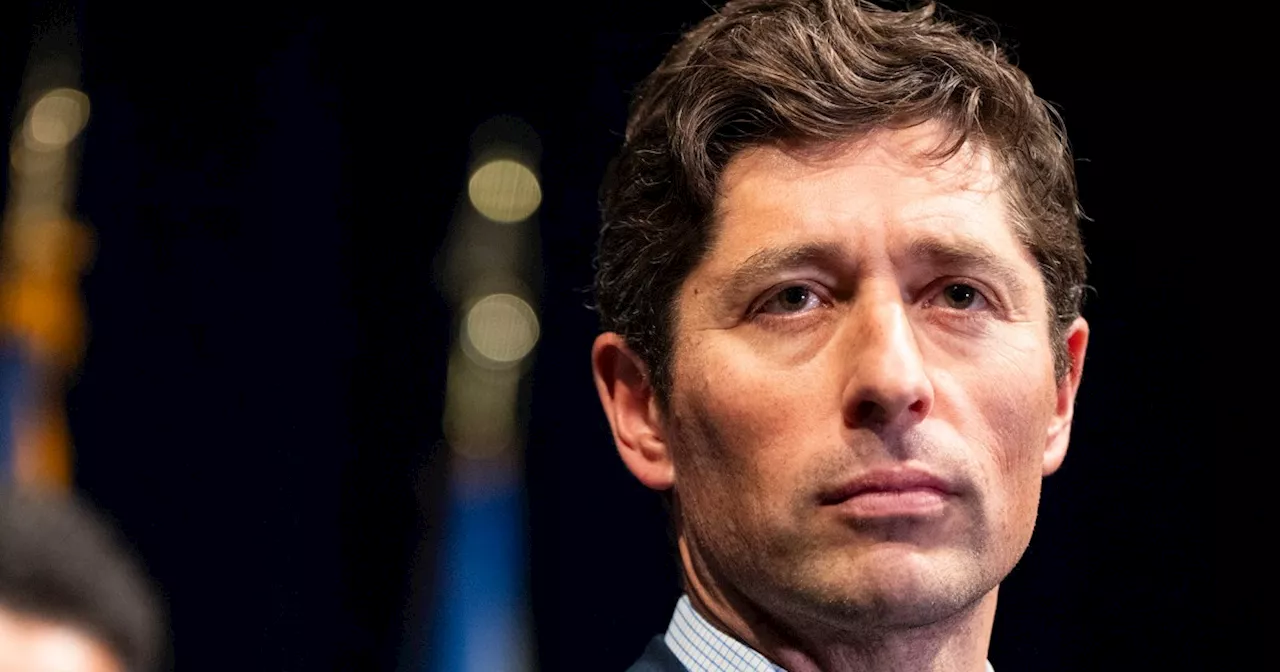
UPDATE: A Chinese doctor, Yunhai Li, has been arrested in Texas for allegedly attempting to smuggle sensitive cancer research data from the MD Anderson Cancer Center to China. Li, 35, was detained on July 9, 2023, at an airport by officers from U.S. Customs and Border Protection after evidence surfaced that he was trying to take sensitive medical information abroad.
Officials from the Harris County District Attorney’s Office reported that Li was confronted during a routine inspection of his belongings. District Attorney Sean Teare stated, “We were able to detain him as he was trying to get on a flight to China. That intellectual property stays with us, so we can save lives.”
Li is facing serious charges, including Theft of Trade Secrets and Tampering with a Government Record. The theft charge alone carries a potential prison sentence of two to ten years and a fine of up to $10,000. Authorities confirmed that Li was in the U.S. on a nonimmigrant research scholar exchange visa provided by the State Department.
Court documents reveal shocking details about Li’s actions. While employed at MD Anderson, he allegedly uploaded sensitive cancer research data to his personal Google Drive account. When confronted by the institution, he deleted the files but also transferred them to a file-hosting service based in China. Investigators discovered that the data included unpublished research articles, confidential research data, writings, drawings, and models.
Furthermore, it has come to light that Li was receiving grant funding from the National Natural Science Foundation of China and was conducting research for the First Affiliated Hospital of Chongqing Medical University during his time at MD Anderson, without disclosing this conflict of interest to his U.S. employers.
In a sworn statement, Li claimed, “I believe I have the right to possess and retain this data.” This alarming situation raises immediate questions about national security and the protection of sensitive research in the U.S.
As of now, Li has posted $5,100 bail and has been released from jail, but he has surrendered his passport, limiting his ability to leave the country. This case highlights the ongoing concerns regarding foreign nationals and their potential threats to U.S. intellectual property, particularly in sensitive areas like cancer research.
Watch for further developments in this high-stakes legal battle, as authorities continue to investigate the extent of Li’s actions and the implications for national security. This incident underscores the urgent need for legislation to protect American research from foreign subversion.
Stay tuned for more updates as this story unfolds.







